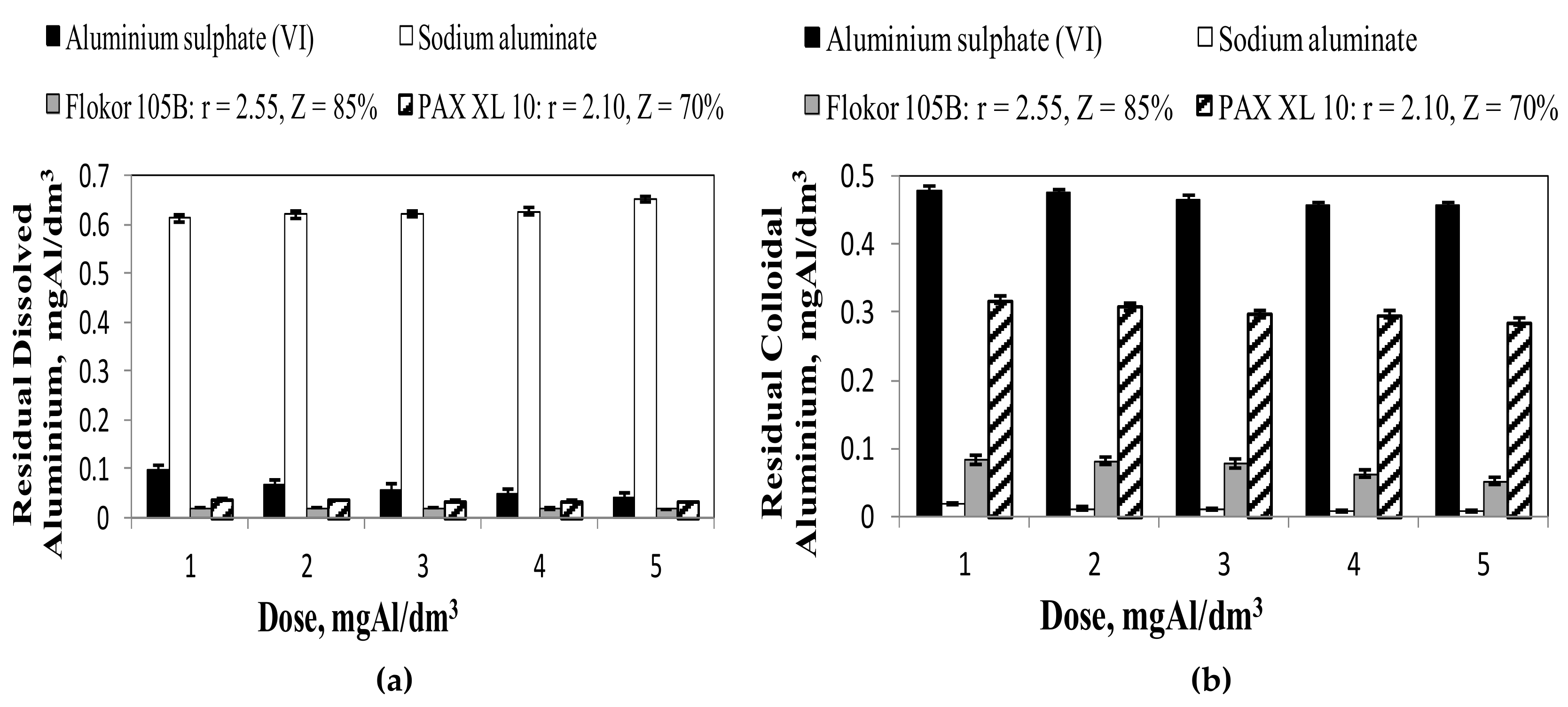Below are the drinking water rule pages grouped by contaminant type. Exposure to TCE occurs mainly through contaminated drinking water.

Some Sources Of Aluminium Exposure In Humans Download Table
Water with a low pH can be acidic normally delicate and corrosive.

Exposure of drinking water to aluminum. Following the EUs 1999 phthalate ban several phthalates were PROHIBITED here in 2009 15 US Code 2057c above 01 in products for children under 3 years of age and toys for children under. Readers have been responding to a story following a group which is campaigning yo get fluoride out of the drinking water. The evidence supporting association from ingestion of aluminum from drinking water is somewhat stronger than for its ingestion from food.
National Academy Press 1977 p. The Camelford water pollution incident involved the accidental contamination of the drinking water supply to the town of Camelford Cornwall in July 1988Twenty tonnes of aluminium sulphate was inadvertently added to the water supply raising the concentration to 3000 times the admissible level. Following the EUs 1999 phthalate ban.
Anodized aircraft aluminum ends Leak-free O-rings Drinking water safe Color. Excessive fluoride exposure can cause osteoarthritis. Residual aluminum in treated water is undesirable for aesthetic reasons but also because of a possible link between aluminum and adverse neurological effects such as Alzheimers disease.
Depending on concentration the exposure to phthalates is a risk incurred with some flexible plastic things like this hose but not others like drinking-water bottles that do not use these chemicals. Hazardous Substances Data Bank HSDB Rats given 18-fluoride ion as a radiotracer by continuous iv infusion of sodium fluoride for 3 hr showed at sublethal dose rates blood fluoride concentration nears steady state proportional to fluoride infusion rate. The main routes of aluminium consumption by humans are through inhalation ingestion and dermal contact and sources of exposure are drinking water food beverages and aluminium containing drugs.
Another significant source of vapor. Although ingestion from drinking water constitutes a relatively small proportion of daily intake residual aluminum in treated waters can be minimized by proper adjustment of pH. The majority but not.
Recent news View All News. The most commonly used catalyst is a mixture of potassium chloride and aluminum chloride. As the aluminium sulphate broke down it produced several tonnes of sulphuric acid which stripped.
With a specific gravity greater than 1 denser than water trichloroethylene can be present as a dense non-aqueous phase liquid DNAPL if sufficient quantities are spilled in the environment. The Safe Drinking Water Act SDWA gives individual states the opportunity to set and enforce their own drinking water standards if the standards are at a minimum as stringent as EPAs national standards. Aluminium and its compounds are poorly absorbed in humans although the rate at which they get absorbed has not been clearly studied.
The Safe Drinking Water Act requires EPA to determine the level of contaminants in drinking water at which no adverse health effects are likely to occur with an adequate margin of safety. Drinking Water Health Volume 1. These non-enforceable health goals based solely on possible health risks are called maximum contaminant level goals MCLGs.
Aluminum is omnipresent in everyday life and can enter the human body from several sources most notably from drinking water and food consumption. A study that investigated maternal exposure to elevated levels of manganese and other metals in drinking water in Bangladesh reported elevated manganese concentrations in urine though no correlation between elevated manganese levels in drinking water and breast milk or blood was found Ljung et al 2009. It is named a secondary drinking water contaminant whose effect is viewed as aesthetic.
Depending on concentration the exposure to phthalates is a risk incurred with some flexible plastic things like this hose but not others like drinking-water bottles that do not use these chemicals. Aluminium is naturally present in food. Figure 5 shows the.
Blood kidney and lung had highest. Acidic water can filter metals from funnels and fixtures for example copper lead. Contaminant Type Regulation.
According to the EPA long-term exposure to arsenic in drinking water is linked to cancer of the bladder lungs skin kidneys nasal passages liver and prostate. These are based upon non-cancer health effects. Be that as it may the EPA suggests that open water systems maintain pH levels in the range of 65 and 85 a great guide for individual well water owners.
The data surrounding this association is difficult to interpret due to the large variation in study designs and the highly variable quality of these studies. Noncancerous effects of ingesting arsenic include cardiovascular pulmonary immunological neurological and. Affecting children --both in utero and born-- as well as adults.
It enters drinking water supplies from natural deposits in the earth or from agricultural and industrial practices. Thursday November 25th 2021 Readers share thoughts on fluoride in Cumbrian drinking water. However other elements present in drinking water such as fluoride copper zinc or iron could also have an.
Aluminium exposure from drinking water has been extensively investigated in relation to the development of neurological disorders including AD due to the proposed enhanced bioavailability of aluminium in this form. They are used by MassDEP when evaluating the potential health risks from chemicals in drinking water when no MMCL or ORSG is available. EPA has set the maximum contaminant level goal for lead in.
For more than 50 years fluoride has been added to West Cumbrian water supplies. The US EPA provides drinking water guidance in the form of Health Advisories for different durations of exposure ie one-day ten-day and lifetime.